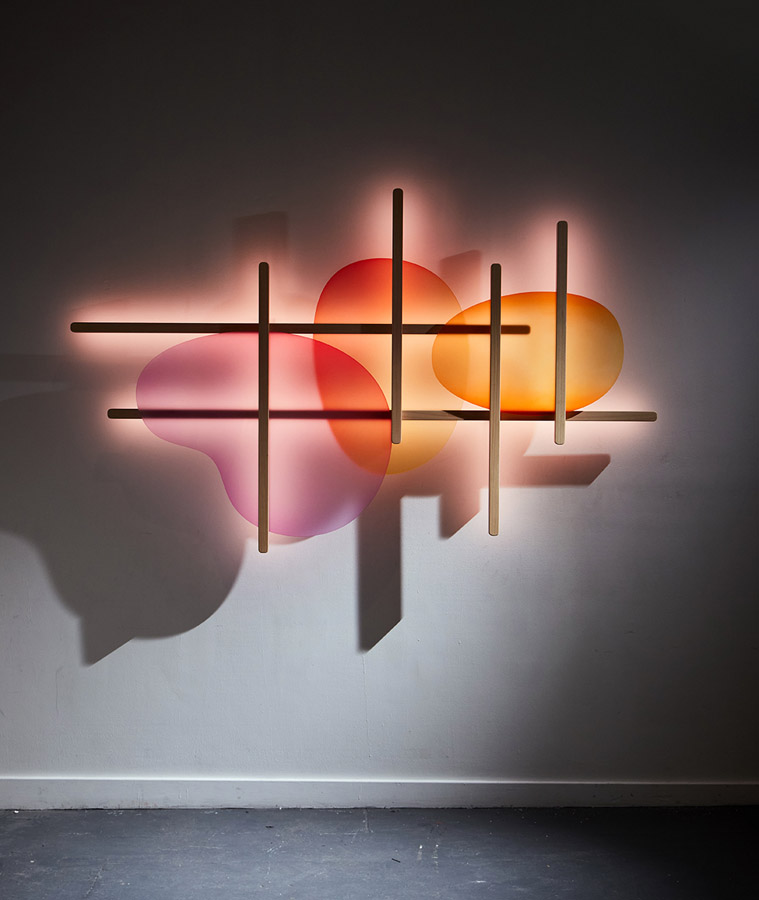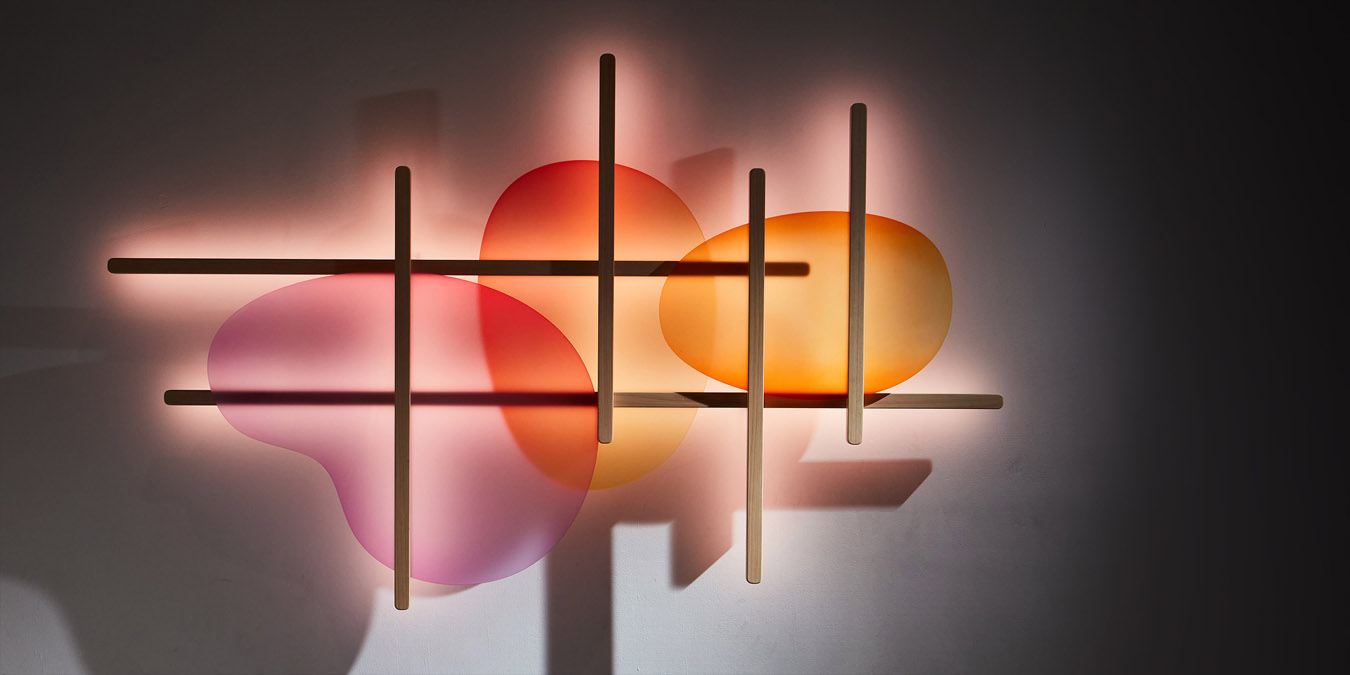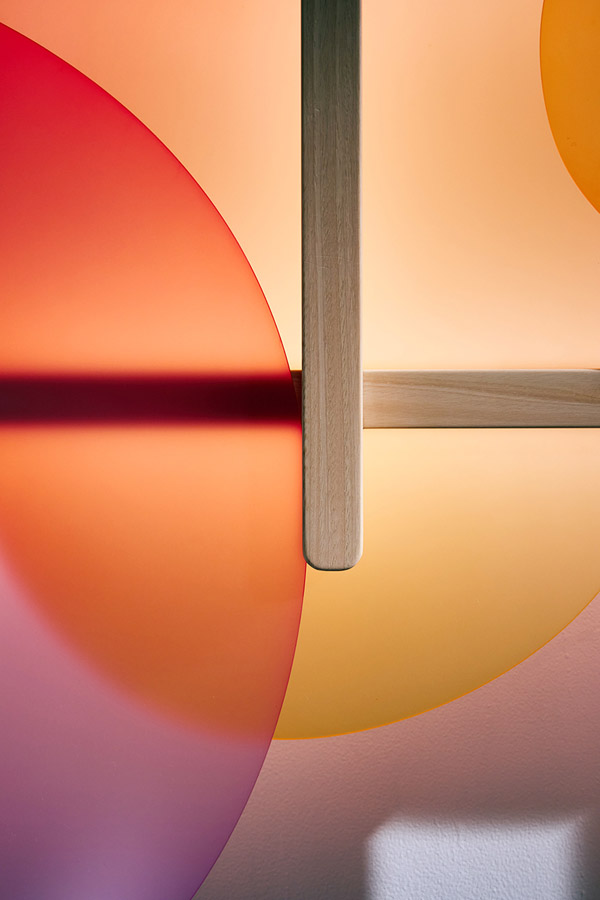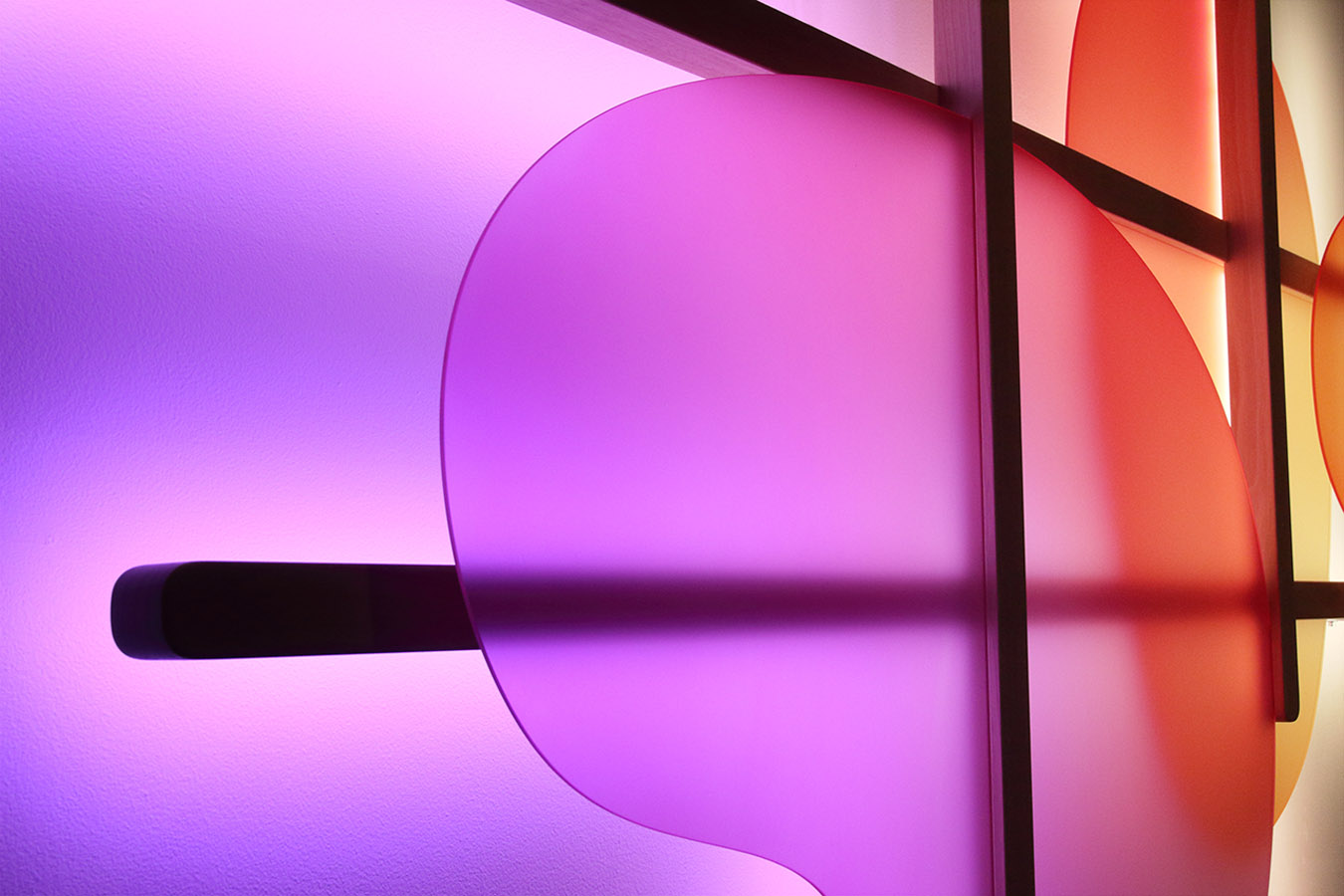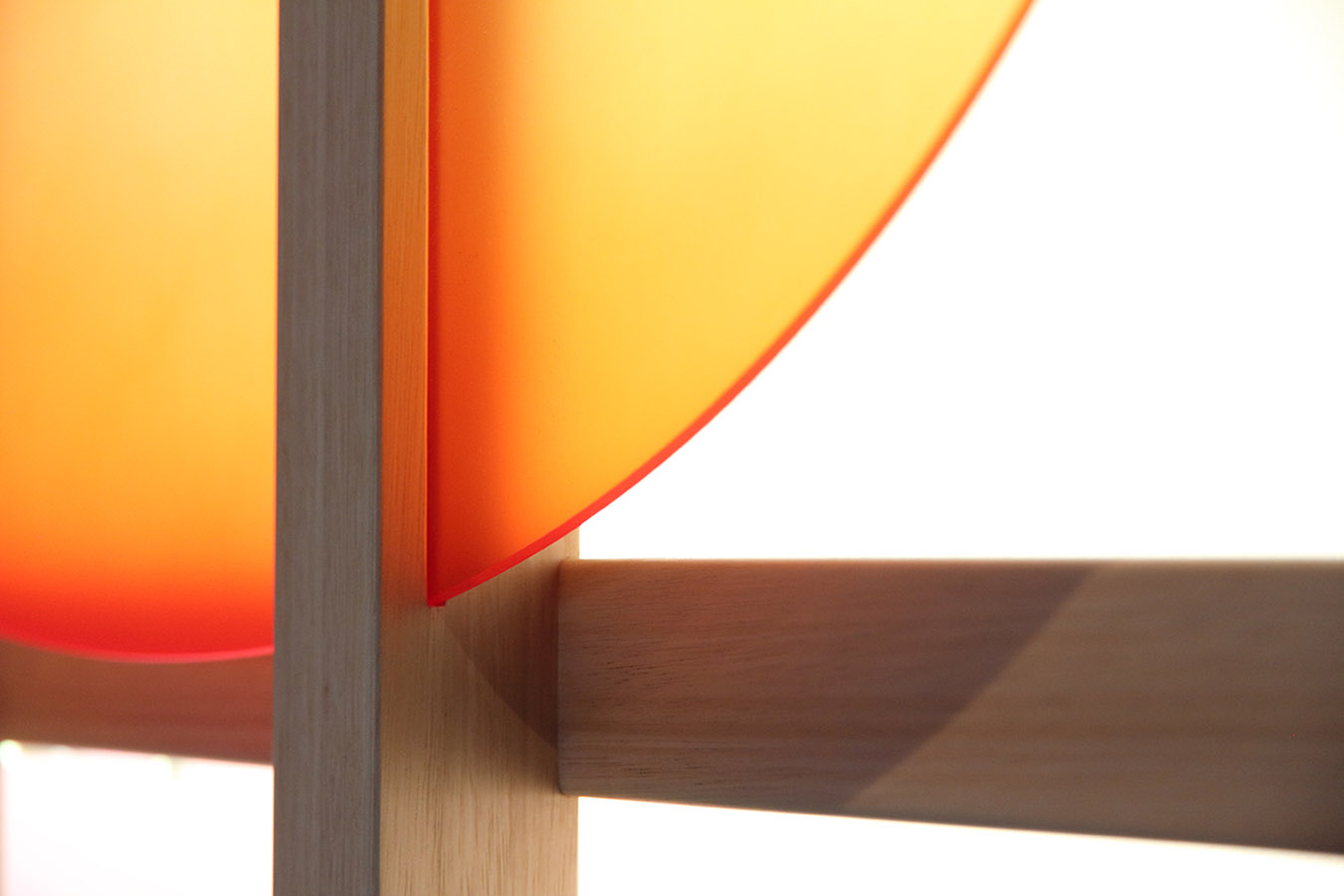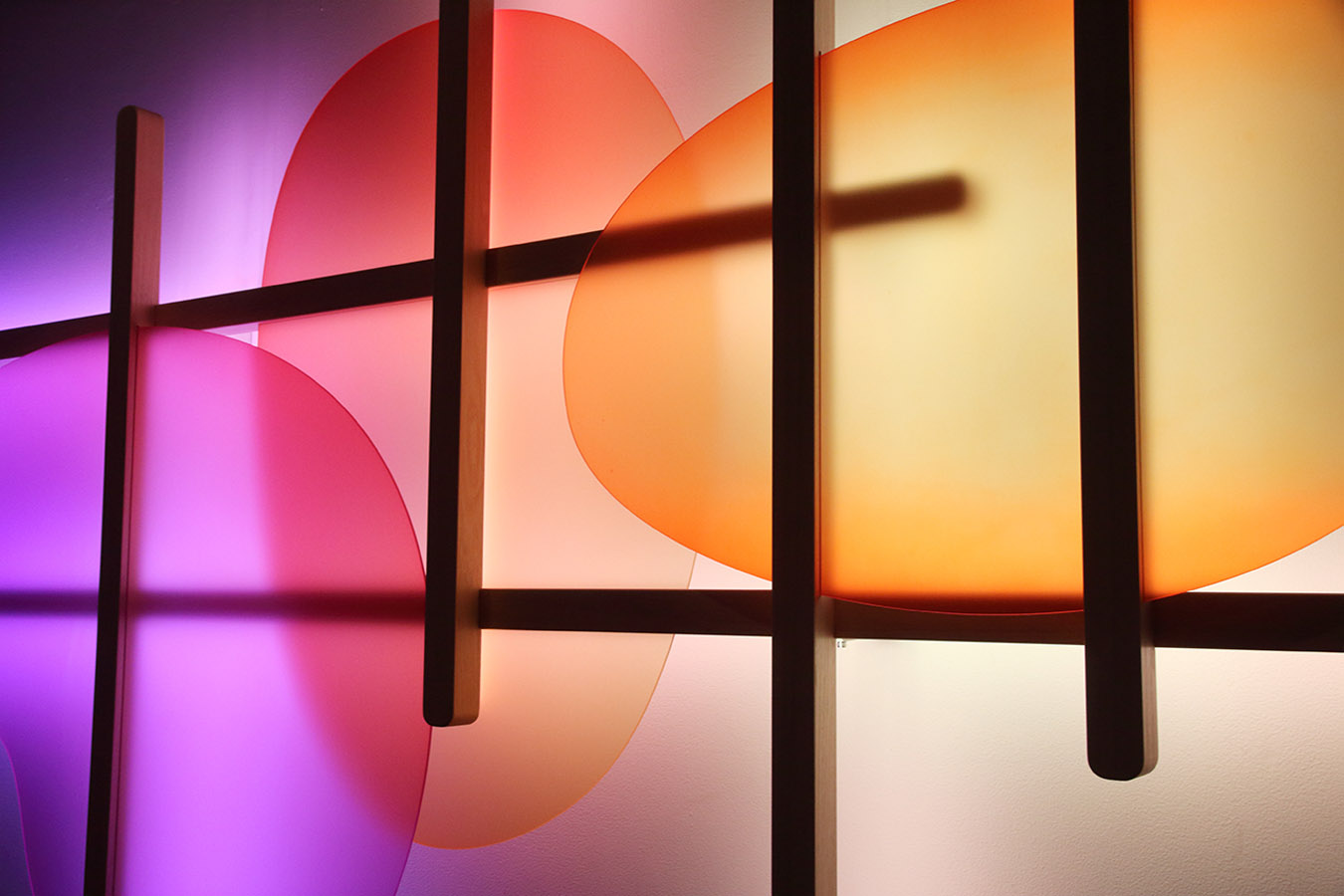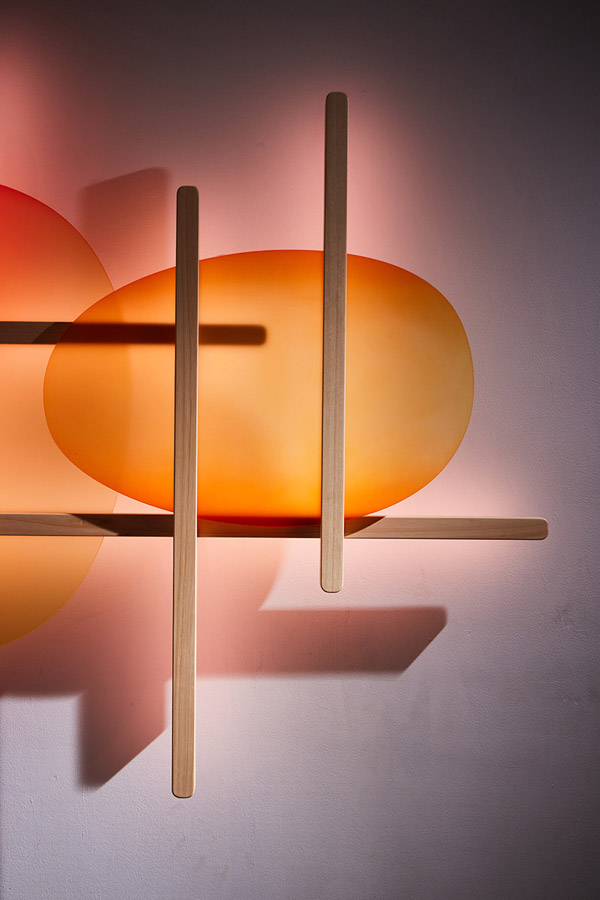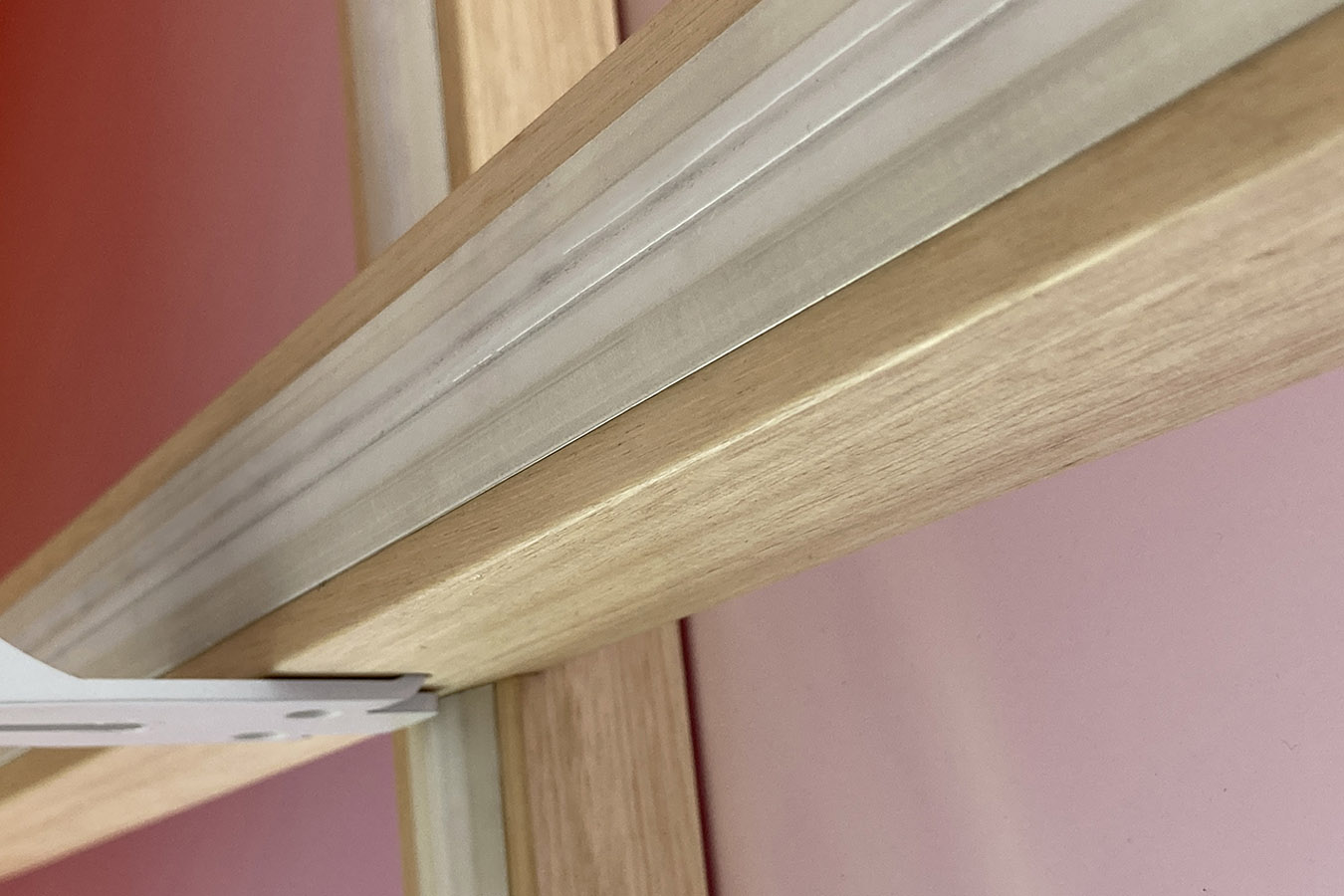The design process for Six Sticks began with research into the needs of neurodivergent individuals and the current state of lighting in public and corporate spaces. Site visits to office spaces and community facilities helped understand the existing lighting conditions and stakeholder requirements.
A survey was conducted with individuals who have diverse neurodivergent identities/conditions to gain an understanding of their experiences, requirements, and preferences regarding lighting in public areas. Participants were asked about their preferences for materials, colours, shapes, features, as well as positive and negative experiences they have had with lighting. The survey questions were designed to be open-ended to gather information that is often overlooked in traditional surveys with multiple-choice questions, taking into account the difficulties this group may face with such questions.
The results of the survey indicated that common issues associated with lighting included difficulties with concentration and productivity, sensory overload, migraines/headaches, anxiety, fatigue, and eye strain. Participants identified specific problems such as overhead lighting, direct light sources or exposed bulbs, excessively bright or dim lighting, cool white light, and flickering or buzzing as contributors to these negative experiences. Preferred options included natural light, warm white toned lighting, warm colours, and customisable features. Participants also favoured design elements such as simple shapes, rounded/curved/organic forms, smooth edges, natural materials, and pops of colour.
The research conducted led to the creation of various concept designs, which were ultimately narrowed down to four. These designs were then transformed into physical models and presented to the community and other professionals in the design industry for feedback and selection. Following a thorough testing and iteration phase, material choices and manufacturing processes were refined to enhance aesthetic appeal, structural integrity, and energy efficiency.

